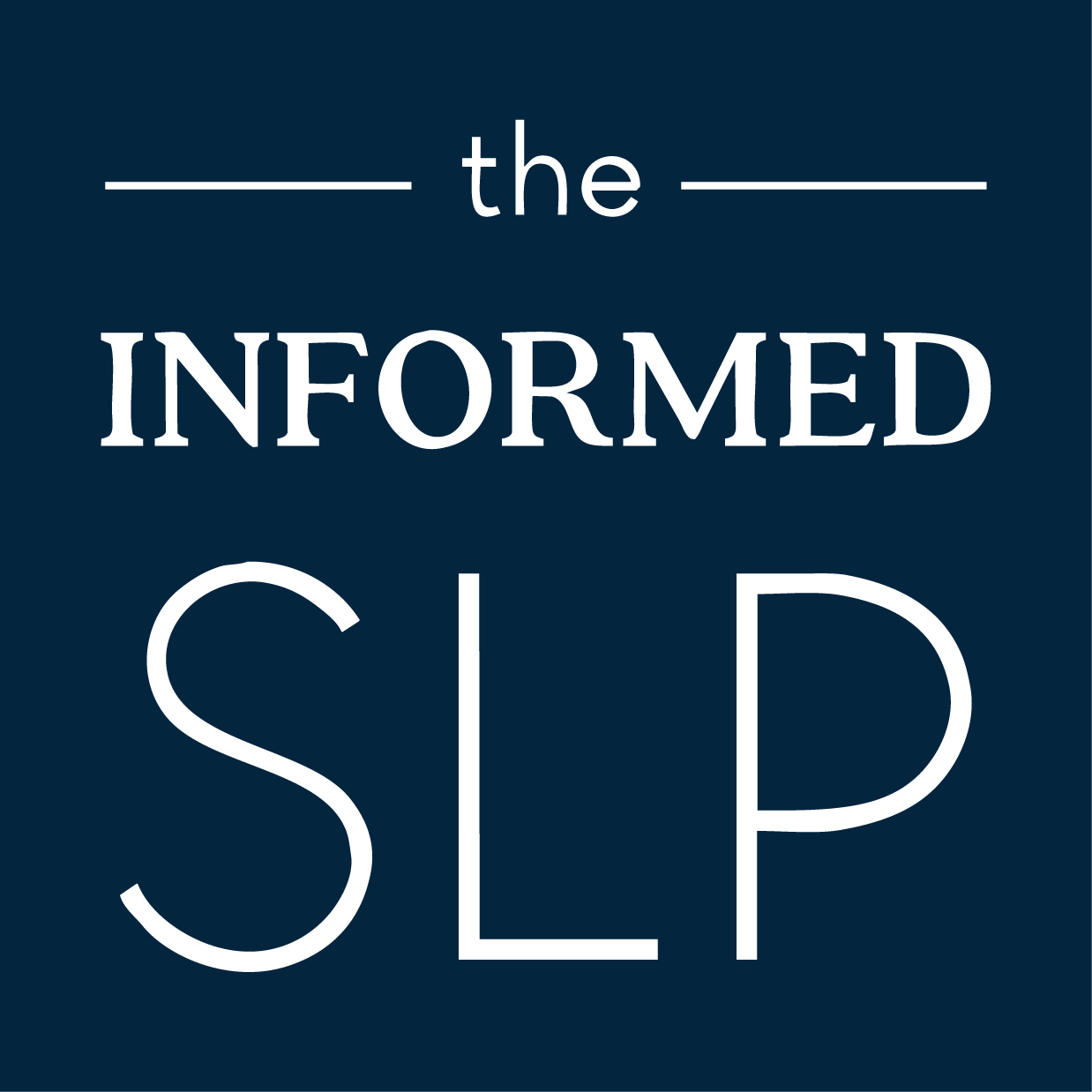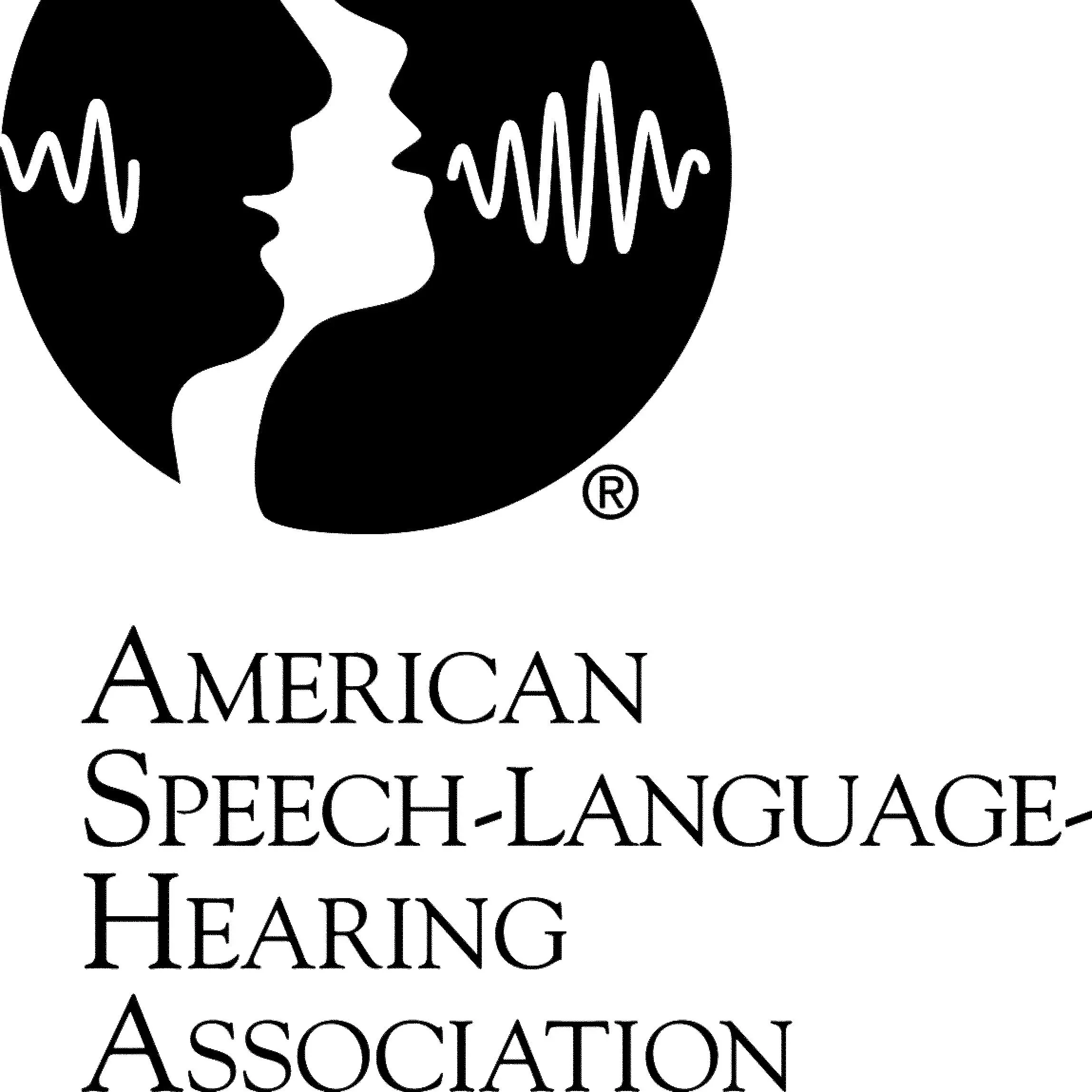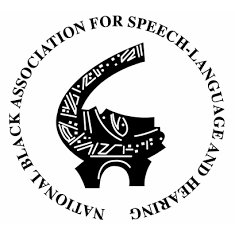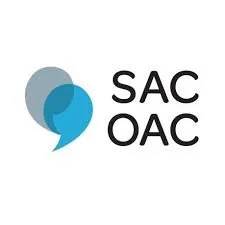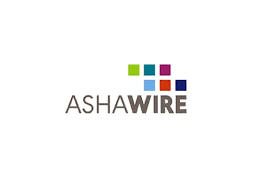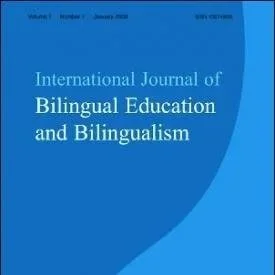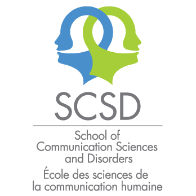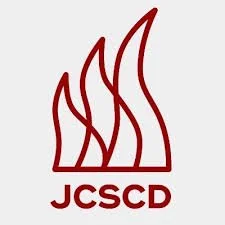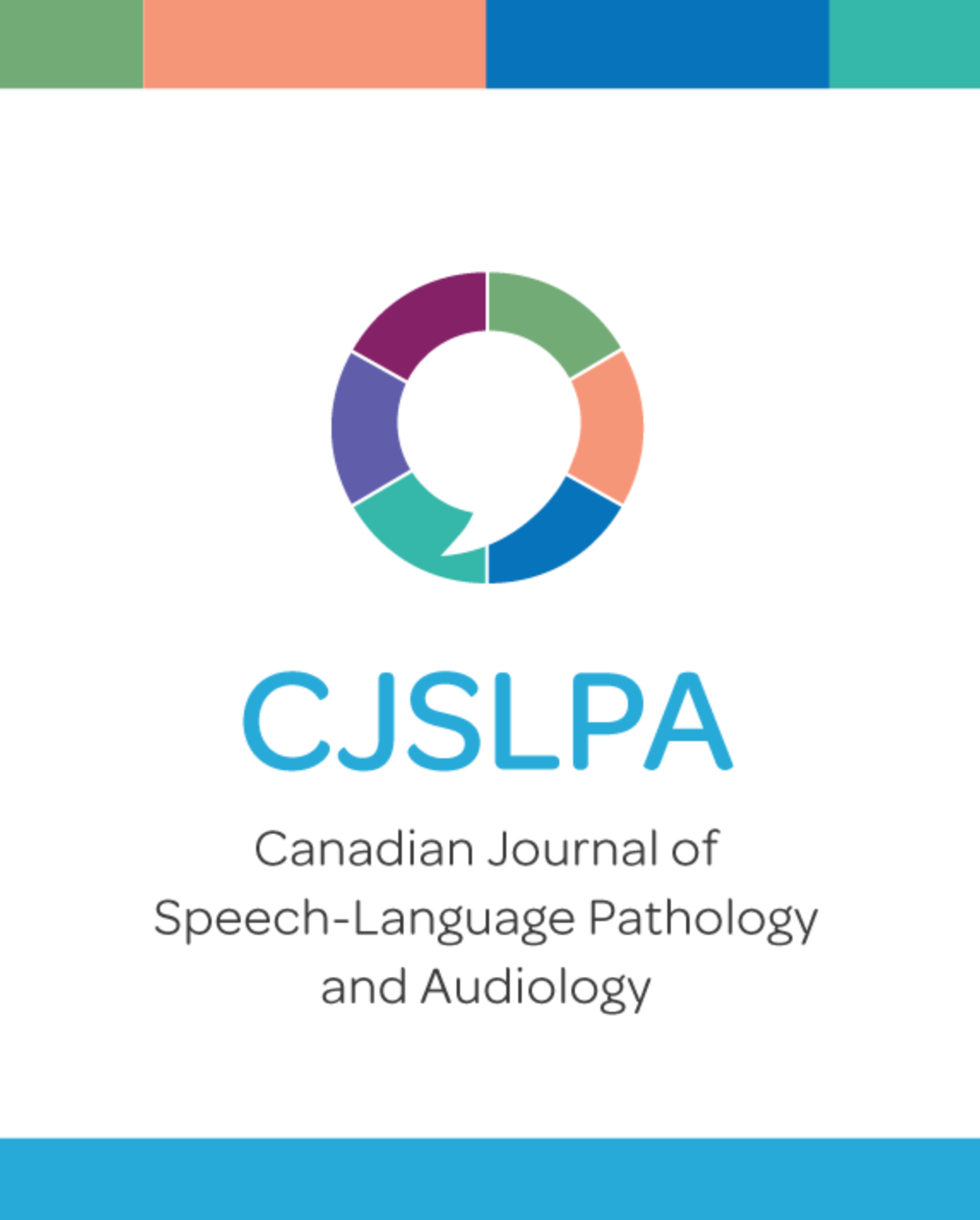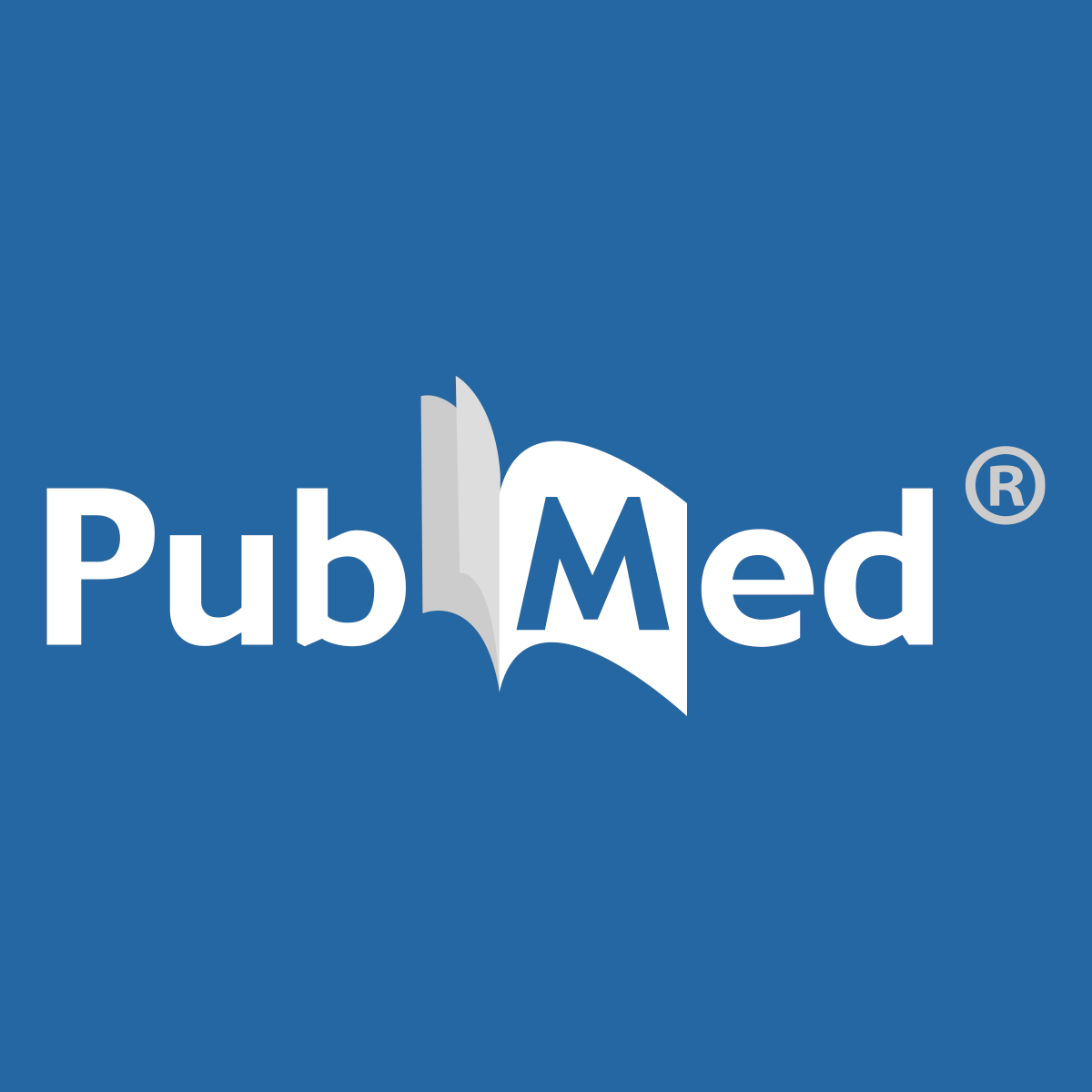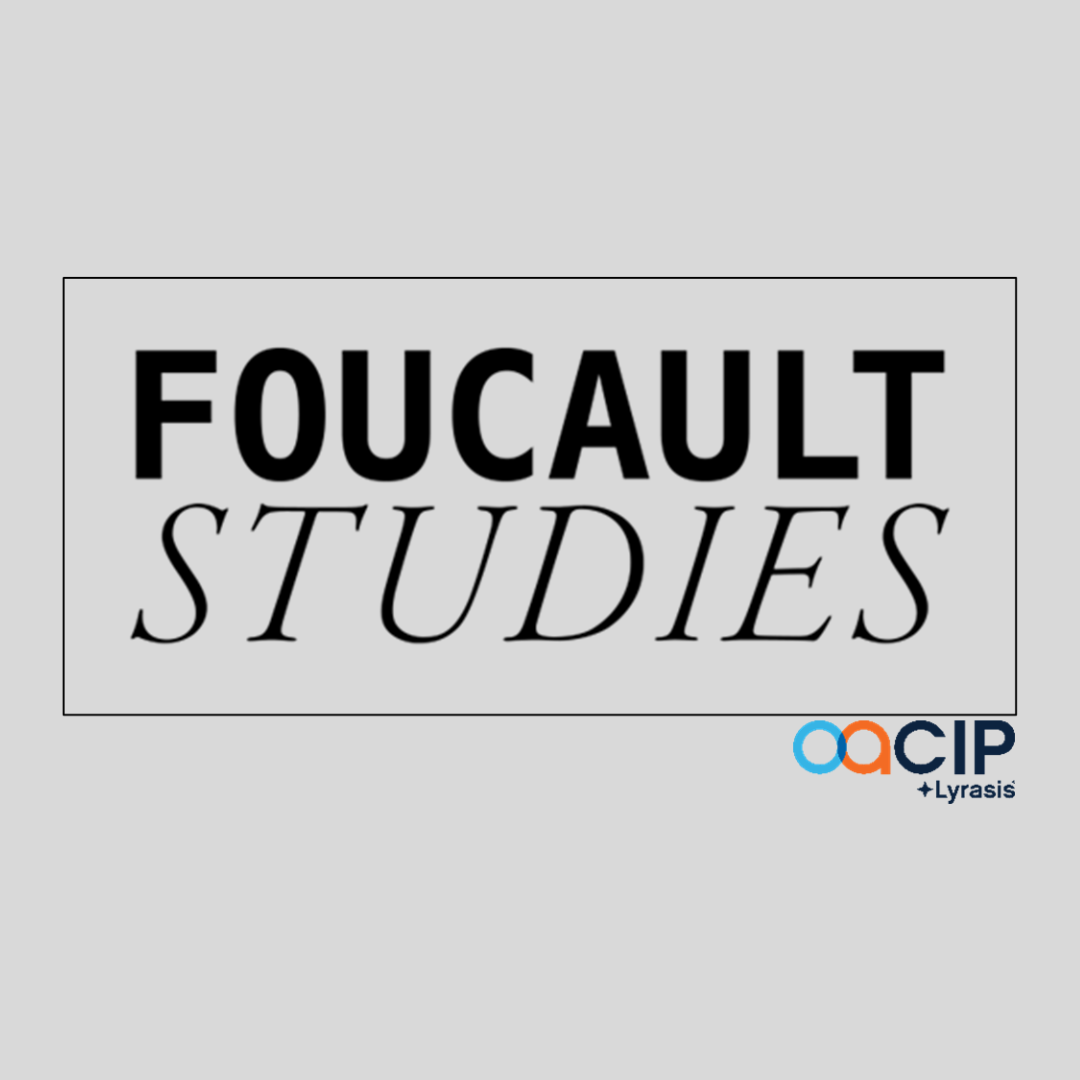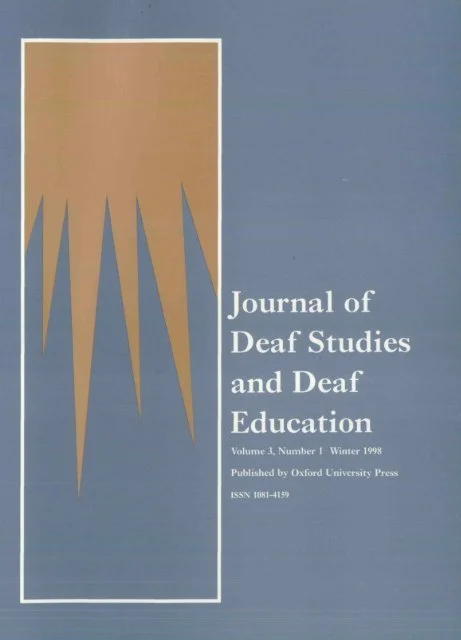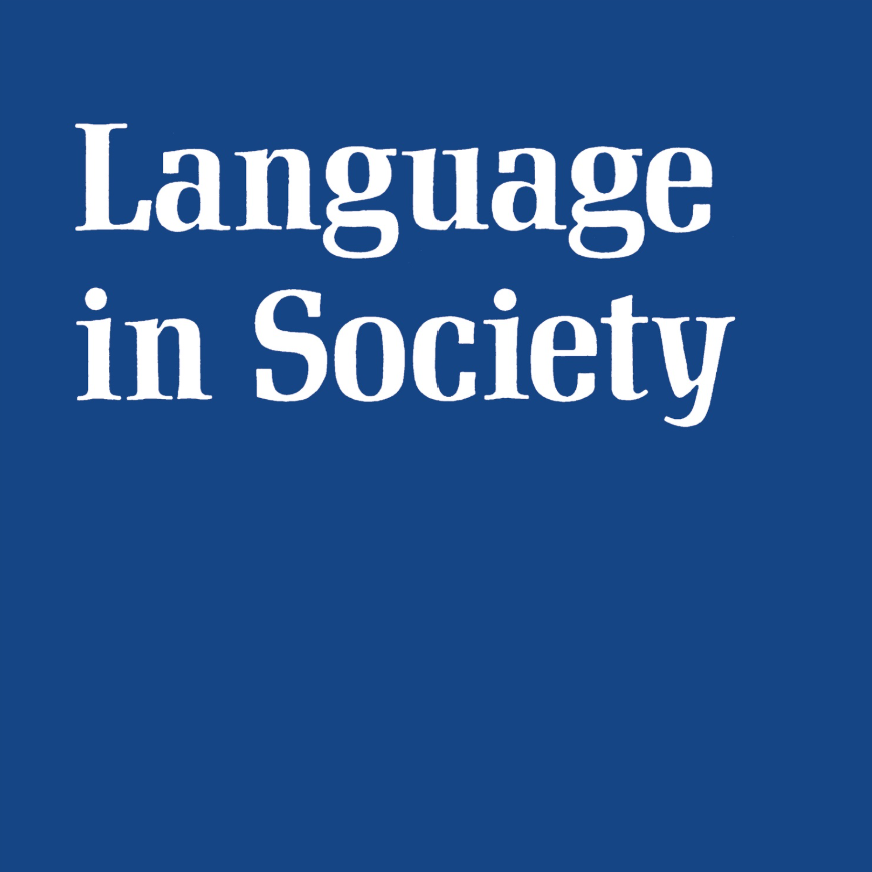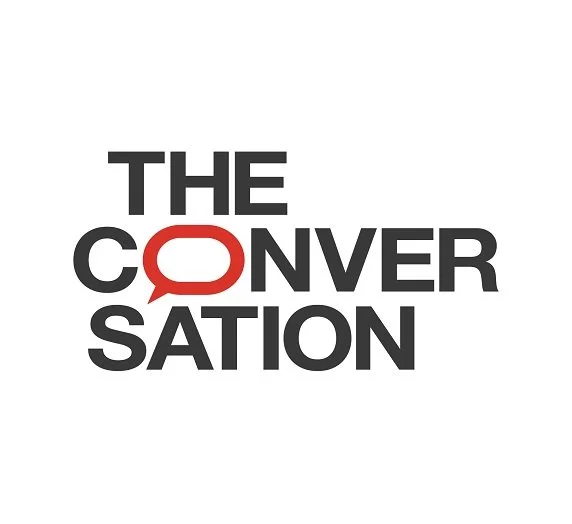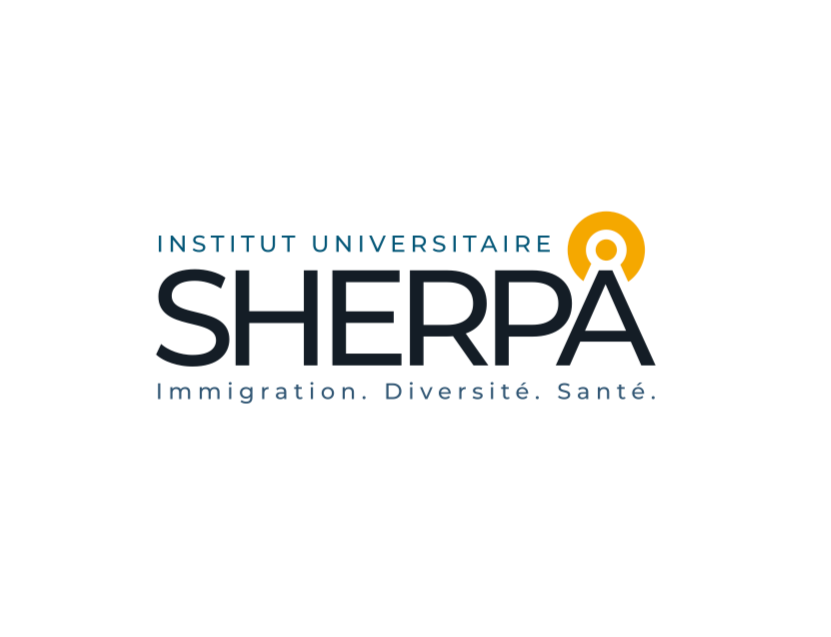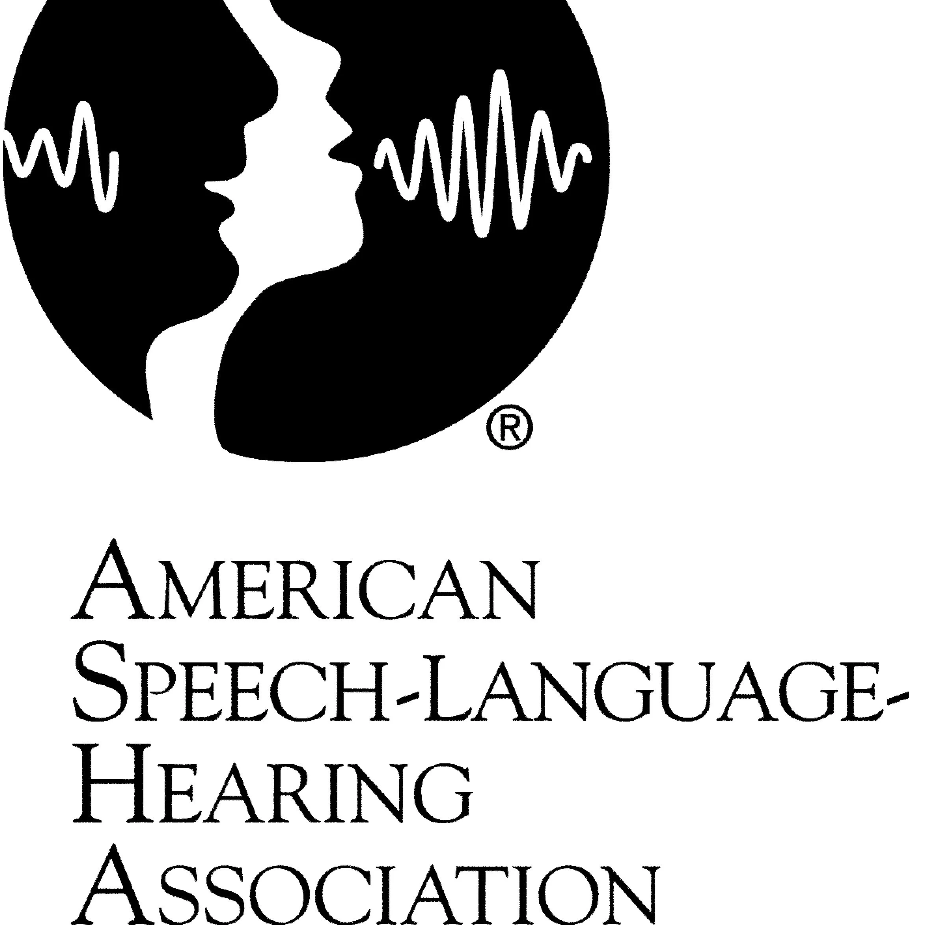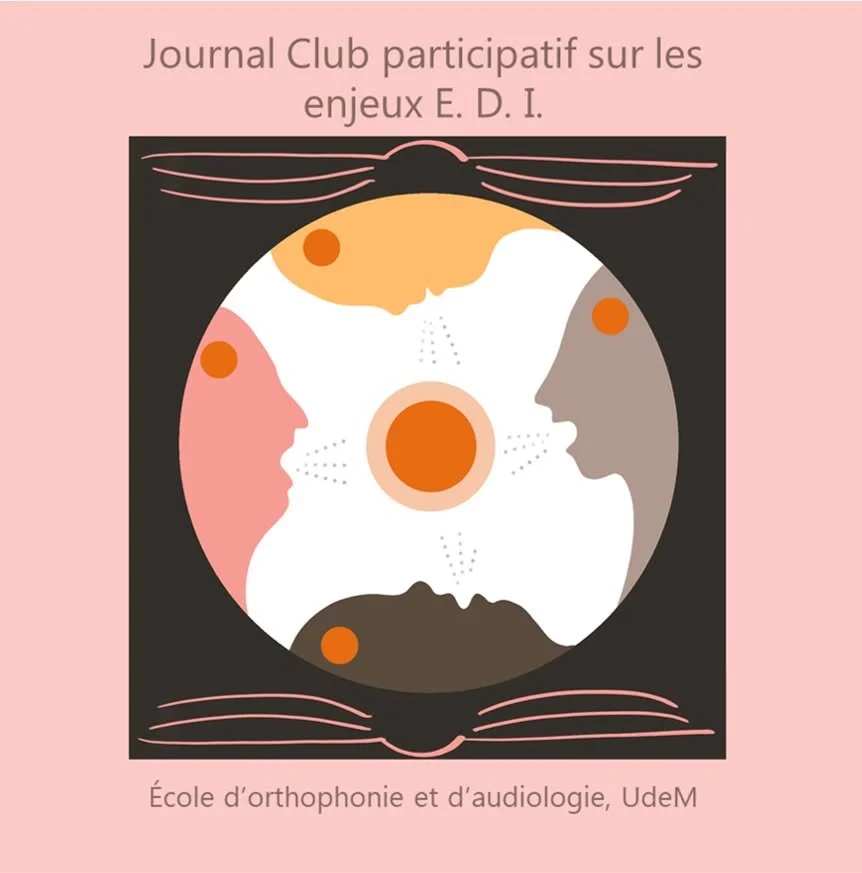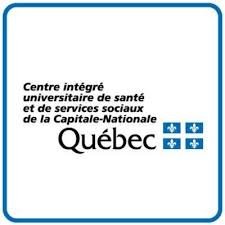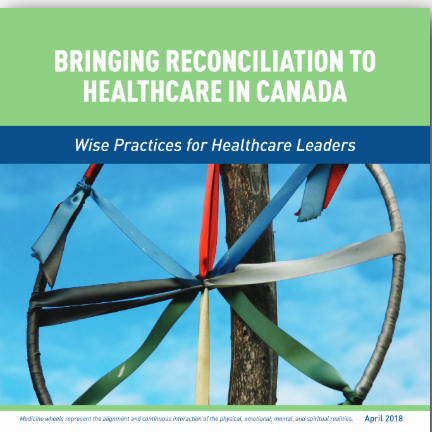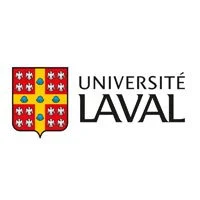
Me former
La formation continue est une bonne façon de poursuivre vos démarches afin de développer votre compétence et votre humilité culturelle. Cette section présente des articles, des webinaires et des offres de formation qui vous permettront de continuer d'apprendre et d'améliorer votre pratique.
Lectures
-
![]()
#AmIqualified: I’m an SLP… I know racism is a real issue… what can I do?
L’experte en humilité culturelle, Dre. Kyomi Gregory partage des ressources et des articles issus d’un numéro spécial du Journal of the National Black Association for Speech-Language and Hearing offrant des moyens concrets de pratiquer l’antiracisme en orthophonie et en audiologie
-
![]()
#AmIqualified: Let's talk about bilingualism and white supremacy in in CSD, one layer at a time
The informed SLP discute avec Dr. Leah Fabiano-Smith du racisme présent dans les programme d’étude Communication Sciences and Disorders chez nos voisins du sud, les États-Unis. On nous partage les articles sur lesquels s’appuie Dr. Fabiano-Smith ainsi que des articles, des vidéos et des podcasts pour celleux qui souhaitent approfondir le sujet.
-
![]()
Teacher Report of Students' Dialect Use and Language Ability
Pour de nombreux enfants d'âge scolaire, les enseignants sont les premiers professionnels à recommander des services d'orthophonie. Cependant, de nombreux orthophonistes notent que les étudiants sans troubles du langage qui parlent des dialectes de l'anglais américain non courant (NMAE) sont orientés vers une évaluation de la parole/du langage. Cette recherche présente les résultats d'une étude préliminaire explorant la capacité des enseignants à signaler l'utilisation du dialecte par les élèves et la perception des enseignants sur les compétences linguistiques en fonction de leur perception de l'utilisation du dialecte par l'élève.
-
![]()
Teachers' Content Knowledge and Pedagogical Beliefs Regarding the Use of African American English
Afin de fournir des activités d'évaluation et d'enseignement appropriées et efficaces, les enseignants sont encouragés à développer leurs compétences culturelles. Aux États-Unis, les orthophonistes reçoivent une formation sur les caractéristiques linguistiques des dialectes non traditionnels de l'anglais, tels que l'anglais afro-américain (AAE); toutefois on en sait moins sur la formation, les croyances et les connaissances pédagogiques des enseignants sur ce sujet et les orthophonistes pourraient jouer un rôle dans le développement de leur compétence culturelle.
-
![]()
Perceptions of Black Children's Narrative Language: A Mixed-Methods Study
Étude examinant l'impact de la variation linguistique sur les évaluations du langage narratif des enfants et identifiant les idéologies des participants liées au langage narratif et à la variation linguistique.
-
![Logo de l'Université Baylor avec une silhouette d'un bâtiment emblématique et une date, 1845, sur fond vert]()
Cultural considerations for Communication and Swallowing Disorders
L’importance de prendre en considération la diversité culturelle dans le contexte de d’intervention en dysphagie et en déglutition (en anglais).
-
![Logo de l'Association pour la Langue et le Discours en Communication Non Verbale, avec une illustration de masque noir stylisé encadré par le nom de l'organisation.]()
National Black Association for Speech-Language and Hearing
Journal revu par les pairs, publié à intervalles réguliers, de la National Black Association for Speech-Language and Hearing (en anglais).
-
![Motif de vente ou de promotion avec des cercles colorés rouge, jaune et bleu, et un symbole de pourcentage vert sur un fond noir.]()
Dear 8%
Texte d’opinion de blog qui présente que les orthophonistes et audiologistes aux Étas-Unis sont à 92% des personnes blanches et expliquer pourquoi le 8% de diversité culturelle n’est pas suffisant au sein de nos professions et les limites à l’accès à devenir orthophoniste ou audiologiste (en anglais).
-
![Logo représentant deux bulles de dialogue, l'une grise et l'autre bleue, avec le texte 'SAC OAC' à droite.]()
Énoncé de position OAC: L'apprentissage d'une langue additionnelle en contexte d'un trouble de langage
C’est la position d’Orthophonie et Audiologie Canada (OAC) que les enfants qui ont un trouble du
langage ou qui sont à risque de présenter un tel trouble doivent obtenir l’aide dont ils ont besoin
pour devenir bilingues, que ce soit à la maison, à la garderie ou à l’école, incluant l’accès à des
services d’orthophonie. Les enfants qui ont un trouble du langage ne doivent pas être dissuadés de
saisir les occasions d’entreprendre ou de poursuivre leur acquisition d’une langue additionnelle. -
![Logo avec le texte 'ASHAWIRE' et des carrés colorés au-dessus.]()
Turn the Page, Speech-Language Pathologists: Adequate, Authentic, and Accurate Representation as a Consideration in the Selection of Picture Books for Use in Treatment
This tutorial discusses what it means to be a culturally responsive speech-language pathologist (SLP) and then grounds this discussion in strategies that SLPs can engage in to diversify the books and other materials that they use in clinical practice.
-
![Logo de l'université de Cambridge avec un écusson et le texte "Cambridge University Press".]()
Perceptions of a culturally responsive school-based oral language and early literacy programme
‘Sounds, Words, Aboriginal Language and Yarning’ (SWAY) is a school-based oral language and early literacy programme based on Australian Aboriginal stories, knowledge and culture. It was developed by a multidisciplinary team in collaboration with Australian Aboriginal community members. SWAY aims to strengthen and support the communication skills of educators to facilitate language and literacy development of children in the early school years, particularly Australian Aboriginal children, within rural communities in New South Wales.
-
![Couverture d'une revue académique intitulée 'International Journal of Bilingual Education and Bilingualism' avec un fond bleu.]()
The effectiveness of therapies for dual language children with developmental language disorder: a systematic review of interventional studies
« This study aims to understand the effect of therapies on dual language children with developmental language disorder (DLD) on a range of bilingual language outcomes, compare with second-language-only therapy and determine whether there is any cross-linguistic transfer. »
-
![Logo d'ASHA WIRE avec des carrés colorés et le texte]()
Conceptual Scoring and Classification Accuracy of Vocabulary Testing in Bilingual Children
« This study examined the effects of single-language and conceptual scoring on the vocabulary performance of bilingual children with and without specific language impairment. We assessed classification accuracy across 3 scoring methods.»
-
![Logo de Ashawire avec des carrés colorés au-dessus du nom.]()
Profiling Bilingual Children: Using Monolingual Assessment to Inform Diagnosis
« Diagnostic tools developed for monolinguals are frequently used for bilingual linguistic assessment. The absence of evaluation criteria for using monolingual norms for bilinguals contributes to inconsistent diagnostic procedures, impacting research and clinical practice. This study considers the reliance on monolingual tools to assess the heritage language to identify bilingual atypical language development (ALD) even when bilingual norms are available for the societal language.»
-
![Logo de l'École des sciences de la communication humaine et des troubles (SCSD)]()
Use of Diverse Children's Literature by Speech-Language Pathologists
« Children’s books are popular tools used by speech language pathologists (SLPs for various treatment activities with children. Diverse children’s literature could have a large impact on the efficacy of SLP service delivery because there are marked cultural discrepancies between the Canadian SLPs and their clients. Frameworks and pilot studies pertaining to diverse children’s books in SLP practice have been conducted in the USA. Therefore, we explore the understanding, use, and potential need. for diverse children’s literature in SLP pediatric services in Canada.»
-
![Logo RCSLT avec des carrés bleus et blancs sur fond bleu foncé]()
Language intervention in bilingual children with developmental language disorder: A systematic review
The aim of this study is to examine evidence for language intervention and cross-language transfer effects in bilingual children with DLD. Specifically, the study aimed to review intervention evidence targeting non-linguistic cognitive skills and six areas of language: phonology, vocabulary, morphosyntax, pragmatics, narrative skills and literacy.
-
![Logo avec le texte 'ASHA WIRE' et des carrés de différentes couleurs au-dessus.]()
Perceptions of Racism and White Privilege Among White Graduate Students in Audiology and Speech-Language Pathology
In the White-dominated fields of audiology and speech-language pathology, graduate students should demonstrate awareness of racism and racial privilege to begin developing cultural humility. A 2013 survey of graduate students in audiology and speech-language pathology indicated that White students demonstrated minimal awareness of White privilege (Ebert, 2013). This study builds on Ebert (2013) by investigating changes in White students' perceptions of White privilege over time and by adding characterization of their perceptions of systemic racism.
-
![Logo rouge avec flammes stylisées et le texte 'JCSCD' en dessous.]()
Accent Modification as a Raciolinguistic Ideology: A Commentary in Response to Burda et al. (2022)
In this commentary, we collectively examine a recent article titled “Effectiveness of Intense Accent Modification Training with Refugees from Burma” by Burda et al. (2022). Whilst our response is aimed at revealing the theoretical and methodological shortcomings of Burda et al., it will also expose the raciolinguistic ideologies in accent modification and highlight the need for careful ethical considerations on vulnerable populations, such as refugees and asylum seekers.
-
![Where Do You Anchor Your Beliefs? An Invitation to Interrogate Dominant Ideologies of Language and Languaging in Speech-Language Pathology]()
Where Do You Anchor Your Beliefs? An Invitation to Interrogate Dominant Ideologies of Language and Languaging in Speech-Language Pathology
Ideologies uphold idealized versions of "normality" and constructions of "deviance." Left unexamined, these beliefs remain encoded in traditionally considered scientific categories, policies, approaches, and materials. Critical reflexivity and action are key in the process of up-anchoring and shifting perspectives for ourselves and our institutions. The hope is that, through this tutorial, SLPs can increase their critical consciousness while envisioning how to interrupt oppressive dominant ideologies and, therefore, conceive of a future path that advocates for liberated languaging.
-
![Logo de PubMed avec un livre ouvert stylisé en tant que lettre 'b' dans le nom.]()
A Critical Analysis of State-Level Policies Impacting racialized emergent bilinguals suspected or labeled as disabled
Policies do not exist in a vacuum and are influenced by sociopolitical ideologies. The findings of this review highlight the urgency of applying an intersectional, justice-focused approach to the policies and practices impacting REBs suspected and/or labeled as disabled in the fields of speech-language therapy and special education.
-
![]()
Interpreting Diné Epistemologies and Decolonization to Improve Language and Literacy Instruction for Diné Children
Culturally responsive teaching (CRT) is a recurring topic in preservice teacher and special education personnel training, especially as academic institutions work to implement anti-racist and anti-oppressive teaching pedagogies. These methods of instruction, specifically in the areas of language and literacy, can be implemented by programs that understand the needs of the Indigenous students that their trainees or students will eventually serve. Academic institutions must transform their teaching and mentoring approach to better prepare educators and clinicians who engage with Indigenous communities.
-
![Page de couverture du Journal Canadien de Pathologie de la parole, du langage et de l'audiologie, avec un logo circulaire coloré au centre.]()
Reflective Practice in Speech-Language Pathology: Relevance for Practice and Education
En tant que profession, l’orthophonie semble en être venue à s’intéresser à la réflexion et à la pratique réflexive comme composantes importantes de la pratique clinique et de l’enseignement. Toutefois, la valeur potentielle de la pratique réflexive a reçu peu de considération systématique dans le domaine. L’objectif de cette publication est de considérer la manière dont la pratique réflexive est pertinente à la pratique contemporaine de l’orthophonie. En nous appuyant sur une littérature théorique exhaustive et diverse, nous suggérons que la pratique réflexive est un cadre qui mérite d’être considéré étant donné son potentiel de : (1) promouvoir la génération de connaissances à partir de la pratique, (2) équilibrer et contextualiser les données scientifiques par rapport aux soins des patients, (3) faciliter l’intégration de la théorie et de la pratique, (4) lier la pratique basée sur les données probantes avec l’expertise clinique, et enfin, (5) contribuer à la culture d’une pratique éthique.
-
![Logo de PubMed avec un fond bleu, le mot 'PubMed' écrit en blanc où le 'b' ressemble à un livre ouvert.]()
How the Charter Members of ASHA Responded to the sociale and political circumstances of their time
This article examines the responses of the founders of the ASHA to the social trends of theirs day in the United States. Those trends included migrations from Europe and the rural South, the emergence of new scientific methodologies, and birth of a professional class. Our aims are to reveal how the founders reacted to these selct social changes, tp show how their reactions served to shape the newly formed profession in and around 1925, and to describe how that profession is still grappling with their choices even today.
-
![Logo de Foucault Studies avec le nom écrit en grosses lettres noires et italique, et le logo de Cléo OACIP Lyrasis en bas à droite.]()
Governing the Voice: A Critical History of Speech-Language Pathology
This essay argues that Speech-Language Pathology (SLP) emerged as a response to the early twentieth-century demand for docile, efficient, and thus productive speech. As the capacity of speech became more central to the industrial and democratic operations of modern society, an apparatus was needed to bring speech under the fold of biopower. Beyond simple economic productivity, the importance of SLP lies in opening the speaking subject up to management and normalization—creating, in short, biopolitical subjects of communication. We argue that SLP accordingly emerged not as a discreet institution, but as a set of practices which can be clustered under three headings: calculating deviance, disciplining the tongue, and speaking the truth of pathologized subjects.
-
![Couverture d'un journal académique intitulé "International Journal of Bilingual Education and Bilingualism" avec un fond bleu et design graphique simple.]()
Sustainable translanguaging pedagogy in support of the vulnerable language: honoring children’s ways of ‘Showing’ and ‘Telling’ in an early childhood dual language bilingual education program
Show-and-Tell activity provides emergent bilingual (EB) children with an opportunity to engage oral language skills to support their developing bi/literacy. In dual language bilingual education (DLBE) preschool programs, teachers utilize translanguaging practices to facilitate communication, scaffold learning, and encourage participation. Using a sustainable translanguaging lens, we explore English- and Spanish-language model teachers' pedagogical choices in Show-and-Tell in support of children's Show-and-Tell purposes and practices.
-
![Couverture du journal intitulé 'Journal of Deaf Studies and Deaf Education', Volume 3, Numéro 1, hiver 1998, publié par Oxford University Press.]()
Developmental Language Disorder and its Discontents: What are the implications for Speech/Language Pathology in the Philippines?
Developmental Speech/Language Pathology practices in the Philippines are undermined by notions of normality. Language ideologies of normality undermine developmental language assessment contexts that concern the diagnosis of Developmental Language Disorder relative to developmental language norms. Using a conceptual framework of psycholinguistic injustice, a critical interpretive synthesis was done to reveal how these language ideologies of normality facilitate ableist and racist social processes that lead to psycholinguistic injustice. Psycholinguistic injustice can manifest as monolingualism, monomodalism, and oppressive notions of language disorder. Therefore, speech/language pathologists in the Philippines and around the world must resist psycholinguistic injustice by supporting the legitimacy of multilingual and multimodal languaging. This article concludes with recommendations on how the field of Speech/Language Pathology can potentially be emancipated from its ableist and racist foundations through diversity-affirming psycholinguistic care work.
-
![Couvre-feu bleu avec une illustration de rayures dorées et grises, texte en anglais sur la couverture d'une revue intitulée 'Journal of Deaf Studies and Deaf Education' de l'hiver 1998, publié par Oxford University Press.]()
Decolonizing Theory Reveals Psycholinguistic Injustice in the Field of Speech/Language Pathology
Subfields of Speech/Language Pathology (S/LP) in the Philippines and around the world are undermined by social notions of normality. Language ideologies of normality undermine developmental language assessment contexts that concern the diagnosis of Developmental Language Disorder relative to developmental language norms. Using my decolonizing theory that is in coalition with Dis/ability Critical Race Studies (DisCrit; Annamma et al., 2013) and Crip Linguistics (Henner & Robinson, 2023), I reveal how these ideologies facilitate ableist and racist social processes that lead to psycholinguistic injustice. Psycholinguistic injustice can manifest as monolingualism, monomodalism, and oppressive notions of language disorder. Confronting psycholinguistic injustice entails honoring indigenous roots and reclaiming the languaging that was erased by colonization. By confronting psycholinguistic injustice, speech/language pathologists can figure out how to support the legitimacy of multilingual and multimodal languaging development. By resisting psycholinguistic injustice in the field of S/LP, humanizing theories, research, and practices that fundamentally place racial and disability justice can be developed. I conclude with my hopes for what psycholinguistic justice can be.
-
![Couverture de livre avec le titre 'Language in Society' en blanc sur fond bleu foncé, logo de Cambridge University Press en bas]()
The (white) ears of Ofsted: A raciolinguistic perspective on the listening practices of the schools inspectorate
England has had a schools inspectorate since 1839, first in the form of Her Majesty’s Inspectorate (HMI), and since 1992, in the form of the Office for Standards in Education, Children’s Services and Skills (Ofsted). The inspectorate, a workforce made up of a majority of white inspectors, conduct regular inspections of all state schools in England, producing reports which comment on various aspects of educational provision, including teachers’ and students’ spoken language. In this article we deploy a raciolinguistic genealogy to examine the listening practices of the inspectorate, drawing on historical inspection reports generated from archival work, inspectorate language policy, and a large corpus of contemporary reports. We show how raciolinguistic ideologies are deeply embedded into the sociopolitical culture of the inspectorate, and how these ideologies translate into systems of sonic surveillance in which the nonstandardised language practices of students and teachers are heard as impoverished, deficient, and unsuitable for school. (Raciolinguistics, schools, language policing, standardised English, Ofsted, England, social class, ideology).
-
![Logo de Ashawire, une collection spéciale, avec des carrés colorés en haut et le texte en dessous.]()
Black Children With Developmental Disabilities Receive Less Augmentative and Alternative Communication Intervention Than Their White Peers
Ensuring equitable access to augmentative and alternative communication (AAC) intervention services for children with complex communication needs (CCN) is crucial. Evidence suggests that racial disparities exist in access to communication interventions, disadvantaging Black children. However, no research has investigated specifically the evidence for racial disparities in AAC services for children with developmental disabilities and CCN.
-
![Logo de NPR avec trois lettres 'n', 'p', 'r' dans des carrés de couleurs différentes (orange, noir, bleu).]()
Black And Latino Children Are Often Overlooked When It Comes To Autism
Sherry Alvarez says she knew there was something different about her son since he was about 9 months old. Back then Sherry says his pediatrician told her there was nothing to worry about, " 'Boys are a little slower than girls, so let's just wait until his second birthday.' " We aren't using Sherry's son's name to protect his privacy.
By her son's second birthday, Sherry says she was getting desperate. She didn't know why he wasn't talking yet or showing affection like other kids. At 2 1/2, he was referred to Children's Hospital Los Angeles.
There, after four hours of tests, Sherry says the doctor handed her a 20-page report explaining his autism spectrum disorder diagnosis, among others. She says she was paralyzed by emotion.
-
![Logo de NPR avec des lettres blanches sur des carrés orange, noir et bleu.]()
The story behind Asian Pacific American Heritage, and why it's celebrated in May
Explanation of the origin of Asian Pacific American Heritage month and the importance behind this recognition.
-
![Logo avec le texte 'The Conversation' et une bulle de dialogue stylisée en rouge.]()
Malgré les risques, il faut encourager l’usage de l’anglais et d’autres langues dans les écoles francophones au Canada
Op-ed qui explique comment implanter le translanguaging dans les écoles québécoises et les avtanges du translanguaging pédagogique.
-
![Logo de l'institut universitaire SHERPA avec le texte 'Immigration. Diversité. Santé.' sur fond blanc.]()
Loi 96 sur la langue française : impacts sur l’accès aux services publics et l’inclusion des personnes réfugiées et immigrantes
Dans le cadre du débat concernant le projet de loi 96, actuellement à l'étude devant l'Assemblée nationale, plusieurs documents ont été produits et des événements ont été organisés, notamment par des membres associés à l'Institut universitaire SHERPA
-
![Logo de l'American Speech-Language-Hearing Association, représentant deux profils de visage se faisant face avec des vagues sonores entre eux.]()
Learning Words in Two Languages: Manipulating Exemplar Variability for Within- and Cross-Language Generalization
Article non-disponible en accès libre
« This article aims to describe how exemplar variability can manipulate the word learning environment to maximize within- and cross-language generalization in Spanish–English bilinguals. Furthermore, we examined sources of individual variability that predicted word learning. » -
![Reframing Bilingual Acquisition and Theory: An Insider Perspective Through a Translanguaging Lens]()
Reframing Bilingual Acquisition and Theory: An Insider Perspective Through a Translanguaging Lens
Article non-disponible en accès libre
This study aims to provide a guide for the readership to reinterpret developmental speech and language studies on bilingual children through (a) the theoretical framework of translanguaging, which was developed by minoritized bilingual scholars and members of the community being studied, and (b) community Insider lenses, or the perspectives of research team members whose lived linguistic experiences match those of the target population studied.
Présentations et webinaires
-
![]()
L’humilité pour une sécurité culturelle (2019)
Ce webinaire sur l’humilité culturelle est offert aux membres et aux associés de l’OAC (en anglais). Il permet d’en apprendre davantage au sujet de la vision et des outils de la Régie de la santé des Premières Nations pour construire un système de santé sécurisant au niveau culturel en Colombie-Britannique et de découvrir comment ces leçons peuvent être appliquées plus largement.
-
![]()
The Equity Series
The Equity Series : Série de 8 webinaires sur divers thèmes entourant la notion de diversité, de compétence et d’humilité culturelle (présentés en anglais).
-
![]()
Strategies for creating a culturally-inclusive mindset
Présentation Strategies for creating a culturally-inclusive mindset de Esther Clervaud, Eds (en anglais) qui aborde quatre stratégies pour aider à développer son humilité culturelle au plan professionnel et personnel.
-
![La pratique orthophonique en contexte de diversité: pistes de réflexion et action]()
La pratique orthophonique en contexte de diversité: pistes de réflexion et action
Cette activité de développement professionnel vise à présenter une mise à jour des connaissances actuelles au sujet de l’éducation inclusive et de la prise en compte de la diversité en milieu scolaire. Elle vise à susciter une réflexion sur les conditions nécessaires à la mise en oeuvre de pratiques inclusives en orthophonie et un partage de pratiques inspirantes à cet égard.
Communautés de pratique
-
![]()
Journal Club Participatif sur les enjeux d'Équité, Diversité et Inclusion (EDI) de l'École d'Orthophonie et d'Audiologie de l'UdeM
Le Journal Club s’articule autour du livre « Critical Perspectives on Social Justice in Speech-Language Pathology » (R. Horton, 2021). Des présentations en français des chapitres du livre seront proposées via Zoom sur l’heure du midi par des personnes du corps étudiant, professoral, administratif et clinique de l’ÉOA, et seront suivies d’un échange entre les participant.e.s.
-
![]()
L'orthophonie auprès des Premiers Peuples / SLPs with the First People
Communauté de pratique en orthophonie auprès des Premiers Peuples du Canada (Premières Nations, Inuits et Métis).
Guides et projets
-
![]()
À l'interface: Les professionnels de la santé autochtones et la pratique factuelle
Rapport de recherche sur l'Evidence-Based Practice en contexte de soins de santé en milieu autochtone.
-
![]()
L'évaluation orthophonique des enfants en situation de bilinguisme
Guide d'accompagnement pour l'évaluation des enfants en contexte de bilinguisme, créé par une équipe d'orthophoniste du Centre intégré universitaire de santé et de services sociaux
de la Capitale-Nationale (CIUSSSCN). -
![Logo de l'Université de Birmingham City, avec un lion stylisé et le texte "BIRMINGHAM CITY University".]()
Fasting on clinical placement : A guide for all Health Care Professionals
Guide d'accompagnement pour les étudiants en stage pendant le Ramadan, visant à écouter la voix et développer les connaissance des superviseurs de stage sur le Ramadan, afin d'assurer un ajustement raisonnable pour les étudiants de soutenir leur réussite. Développé par des orthophonistes, pour les étudiants du milieu de la santé.
-
![Boussole rose et blanche avec fond blanc]()
Guide 101 sur l’appropriation culturelle : un nouvel outil pour les artistes
Guide et glossaire pour comprendre ce qu'est l'appropriation culturelle. L'outil est initialement destiné aux artistes, mais il les définitions sont utiles pour comprendre.
-
![Logo d'AC SLP A en couleurs violet, bleu et vert.]()
Anti-Racist Service Provision for Speech-Language Pathologists and Audiologists
This guideline is intended to provide more information to help members abide by the Standards of Practice and Code of Ethics regarding anti-racist service delivery. Principles of equity, diversity, inclusion, social justice, and anti-oppression are incorporated throughout the Standards of Practice and Code of Ethics. This guideline addresses these concepts in more depth, serving as a resource for regulated members.
-
![Wise Practices for Reconciliation in Health Care]()
Wise Practices for Reconciliation in Health Care
This report discusses the role that health leaders play in closing the health gap between Indigenous Peoples and other Canadians, and presents wise practices for health leaders and organizations for addressing health-related Calls to Action from the TRC. The report highlights the need for organizations to work with local, provincial and national Indigenous leaders and organizations to avoid reproducing existing colonial structures in the healthcare system. The identified wide practices focused on policy and systems change, community engagement, recruitment and retention of Indigenous staff and healthcare providers, anti-racism and cultural safety education, and Indigenous client care and outcomes.
-
![Centre de ressources de ULaval sur l'Équité, la Diversité et l'Inclusion]()
Centre de ressources de ULaval sur l'Équité, la Diversité et l'Inclusion
Le Centre de ressources est né d'un besoin de regrouper, à un seul endroit, des ressources spécifiques à l'équité, la diversité et l’inclusion et intersectionnalité. Fruit d'un grand travail collaboratif avec l’Institut ÉDI2, le RIQEDI, FSA ULaval et la communauté de pratique, il a été réfléchi de sorte à vous offrir une vaste collection de documents et outils spécifiques aux questions de l'équité, la diversité et l'équité.



